
Stock Photos from Homo Cosmicos/Shutterstock
This post may contain affiliate links. If you make a purchase, My Modern Met may earn an affiliate commission. Please read our disclosure for more info.
Nestled in the Sahara, the medieval village of Chinguetti in Mauritania is an incredible jewel of Berber culture. Once an important outpost on trade and pilgrimage routes, the desert village contains wonderful examples of Berber Saharan architecture. It is also an important center of learning thanks to its desert libraries, which are filled with scientific and Qur'anic texts dating to the Middle Ages.
The village was established in 777 CE and was quickly built up due to the steady stream of traders and pilgrims who passed through on the way to Mecca. This also pushed the creation of the desert libraries, privately-owned book repositories where pilgrims could educate themselves on religion, astronomy, mathematics, and law. Until the 1950s, over thirty of these family-owned libraries were open to the public, but a drought dropped that number significantly. Now, the five remaining libraries in Chinguetti contain thousands of texts, which are still preserved and handled according to tradition.
Unfortunately, though Chinguetti was named a UNESCO World Heritage Site in 1996, these precious texts are at risk. Librarians are constantly battling the sands and dry air of the Sahara Desert, while a lack of tourism due to security concerns has caused three of the libraries to not open on a regular basis. While the state has tried to intervene in the preservation of the manuscripts, they've found it difficult to break thousands of years of tradition upon which the libraries are passed from generation to generation.
“The state has been trying to lay its hands on them for years,” Seif Islam, the manager of a local library, told The Guardian. “Would you part with your hand or your foot? It [the library] is a part of us.”
Luckily, increased security measures in the area mean that some tourists are returning to view these precious materials. Many combine a visit to Chinguetti with the other surrounding UNESCO sites of Ouadane, Tichitt, and Oualata in the dunes of the Sahara.
Chinguetti is a Berber medieval trading village located in the Sahara Desert of Mauritania.
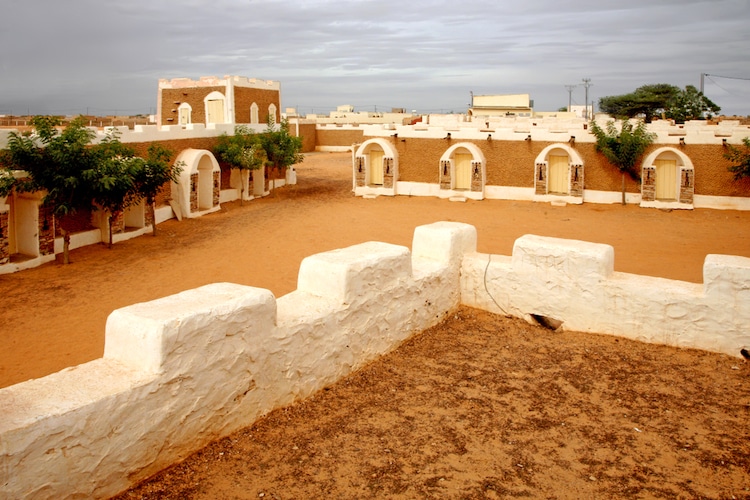
Stock Photos from Eric Valenne geostory/Shutterstock
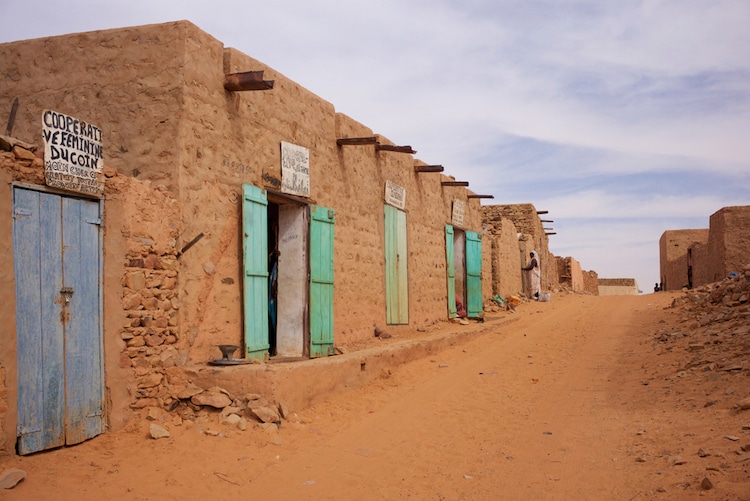
Stock Photos from Senderistas/Shutterstock

Stock Photos from Homo Cosmicos/Shutterstock
The UNESCO World Heritage Site is known for its desert libraries filled with ancient scientific and Qur'anic texts.
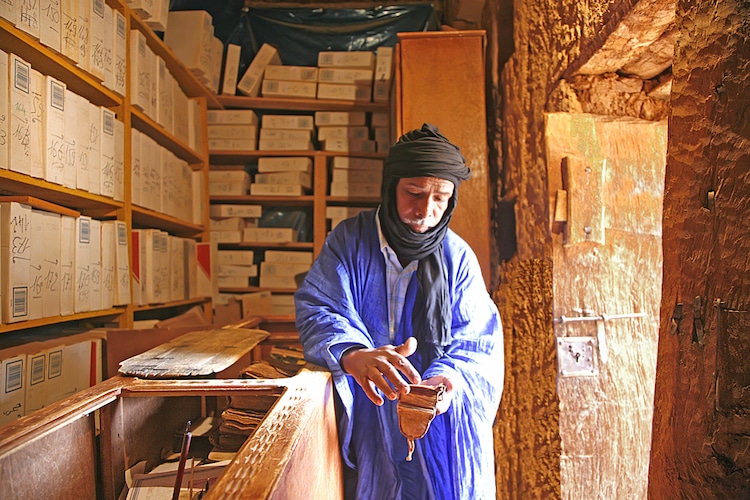
Stock Photos from Eric Valenne geostory/Shutterstock
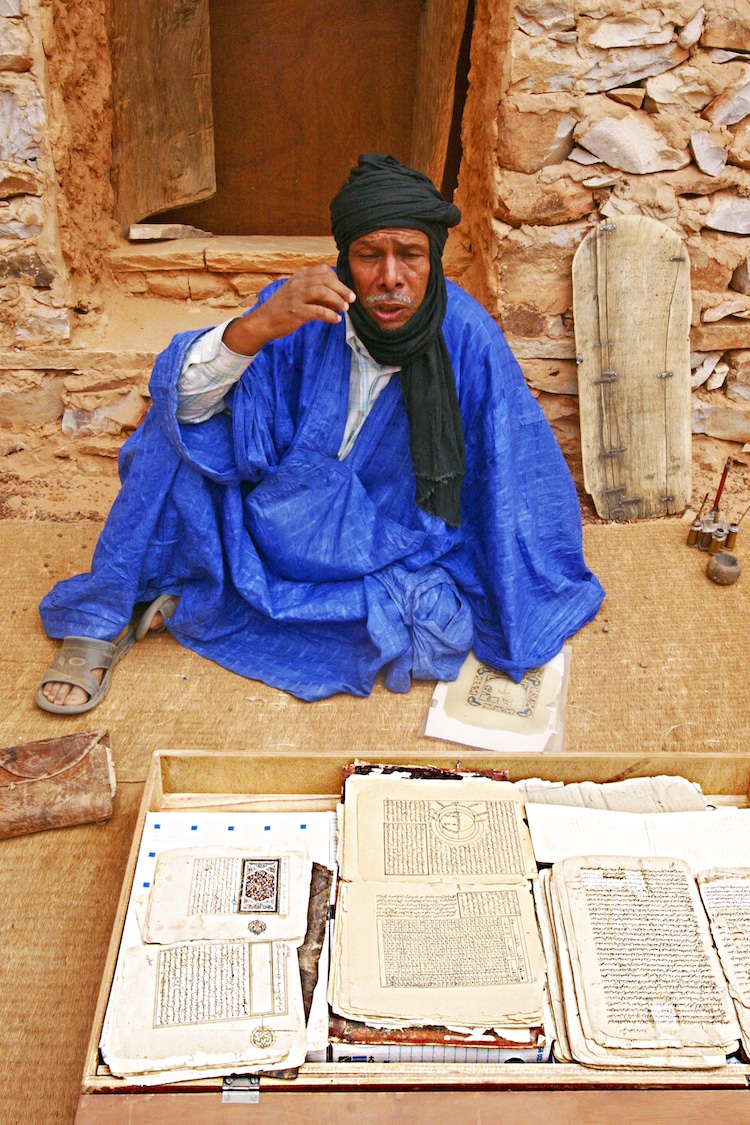
Stock Photos from Eric Valenne geostory/Shutterstock
Pilgrims would consult these learning centers as they passed through on caravans traveling to Mecca.
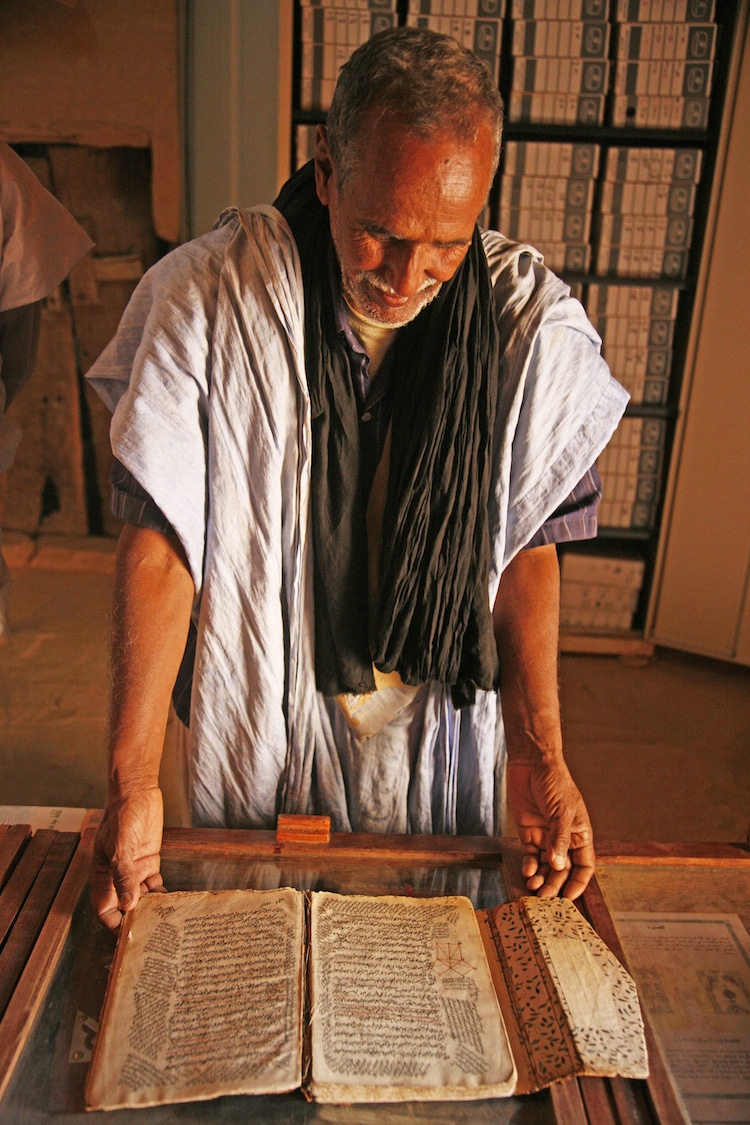
Stock Photos from Eric Valenne geostory/Shutterstock
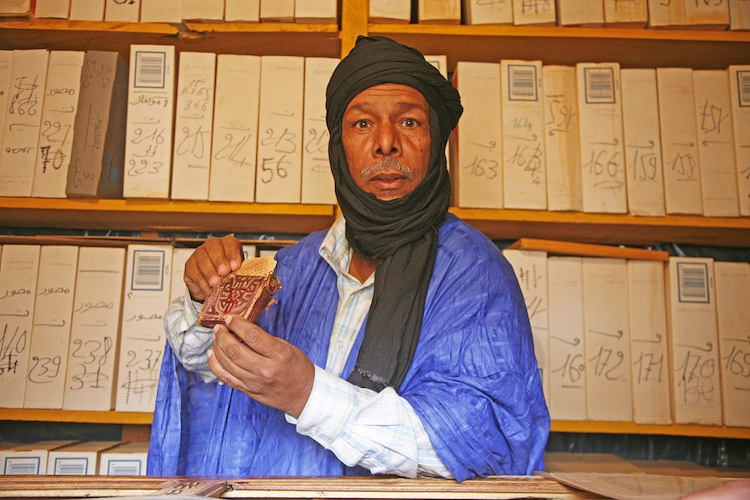
Stock Photos from Eric Valenne geostory/Shutterstock
With only five remaining, the family-run libraries are fighting against the desert elements to preserve their books.

Stock Photos from Eric Valenne geostory/Shutterstock
With increased security in recent years, more tourists are returning to Chinguetti to take in its libraries and famous mosque.
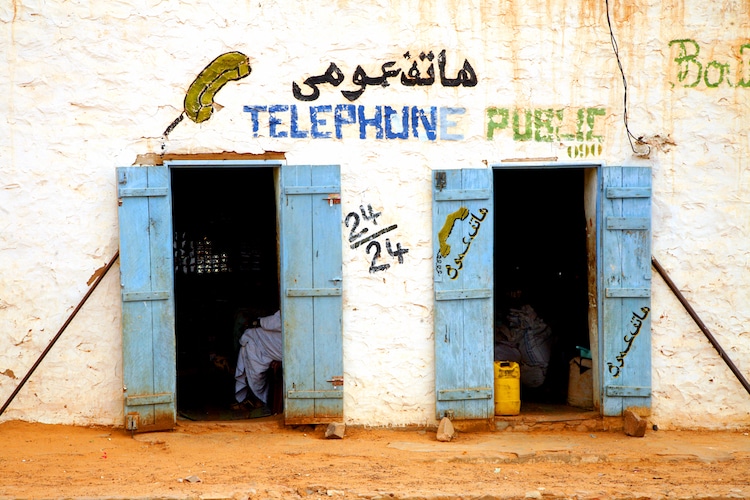
Stock Photos from Eric Valenne geostory/Shutterstock
https://mymodernmet.com/chinguetti-mauritania-desert-libraries/?utm_source=fb&utm_medium=link&utm_campaign=atlasobscura&fbclid=IwAR2JYhKfnksTJoDlOUXRyrX5qtc2tXfiEzunI4BPSTcmBtM_nAyxxM4CVLg
No comments:
Post a Comment